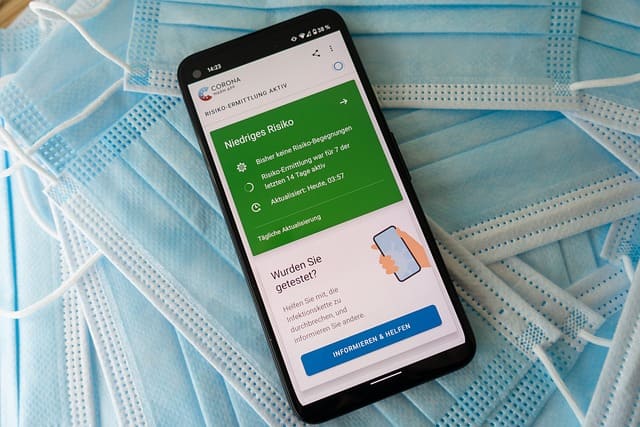In the ever-evolving healthcare landscape, technology is taking center stage in revolutionizing how patients engage with their health records. Mobile apps, in particular, have emerged as powerful tools that bridge the gap between individuals and their health information. With the proliferation of smartphones, the role of mobile apps in healthcare is expanding rapidly, ushering in an era of personalized and accessible health records management.
Benefits of Mobile Apps

Mobile apps offer a plethora of benefits in the realm of health records management. The convenience of having health information readily available at one’s fingertips is invaluable, enabling users to access their medical history, prescriptions, test results, and appointment schedules effortlessly.
Real-time access to health records enhances patient engagement, empowering individuals to participate in their care and make informed decisions actively. The interactive nature of mobile apps fosters a sense of ownership over one’s health, driving proactive health management.
Moreover, mobile apps are breaking down geographical barriers, enabling users to access their health records and seek medical advice remotely.
Challenges That Still Exist
While mobile apps present significant advantages, challenges persist in widespread adoption for health records management. Issues such as data security and privacy concerns pose obstacles to users’ willingness to trust these apps with sensitive health information.
While challenges like data security persist, the potential for transformative change in how we interact with our health information is undeniable. Furthermore, ensuring interoperability between different healthcare systems and electronic health records (EHR) platforms is a complex endeavor that requires collaboration among various stakeholders.
Transformative Impact
The transformative impact of mobile apps on health records management cannot be overstated. These apps empower individuals to participate actively in their health journey, encouraging regular engagement with their health information. This shift from passive care recipients to engaged partners enhances health literacy, promotes preventative measures, and improves health outcomes.
The advent of mobile apps in health records management is reshaping how individuals navigate their healthcare journey. These apps leverage technology to provide real-time access, user engagement, and convenience, leading to more informed decision-making and proactive health management. As mobile apps evolve and address these challenges, their role in empowering individuals to take charge of their health and well-being will grow stronger.
